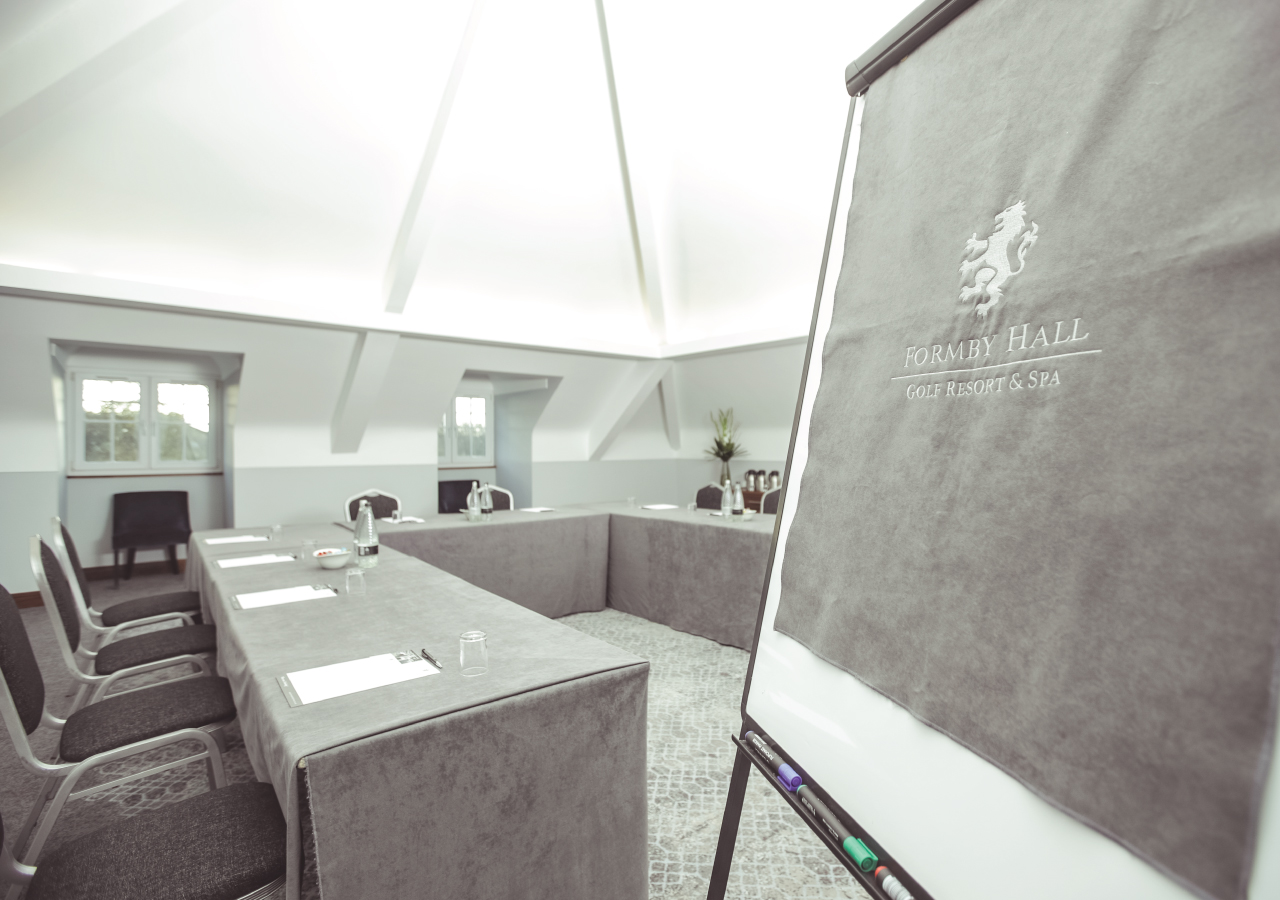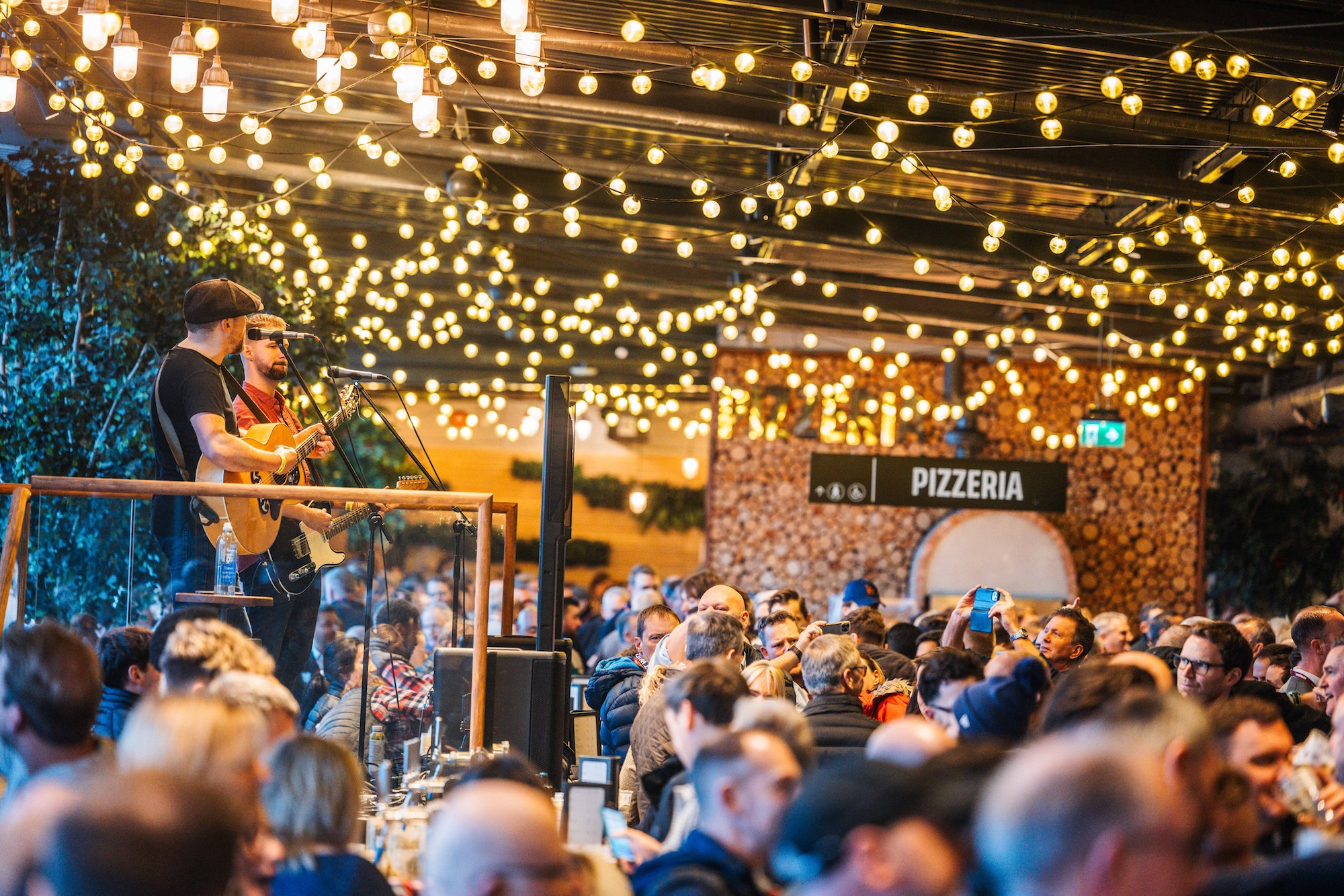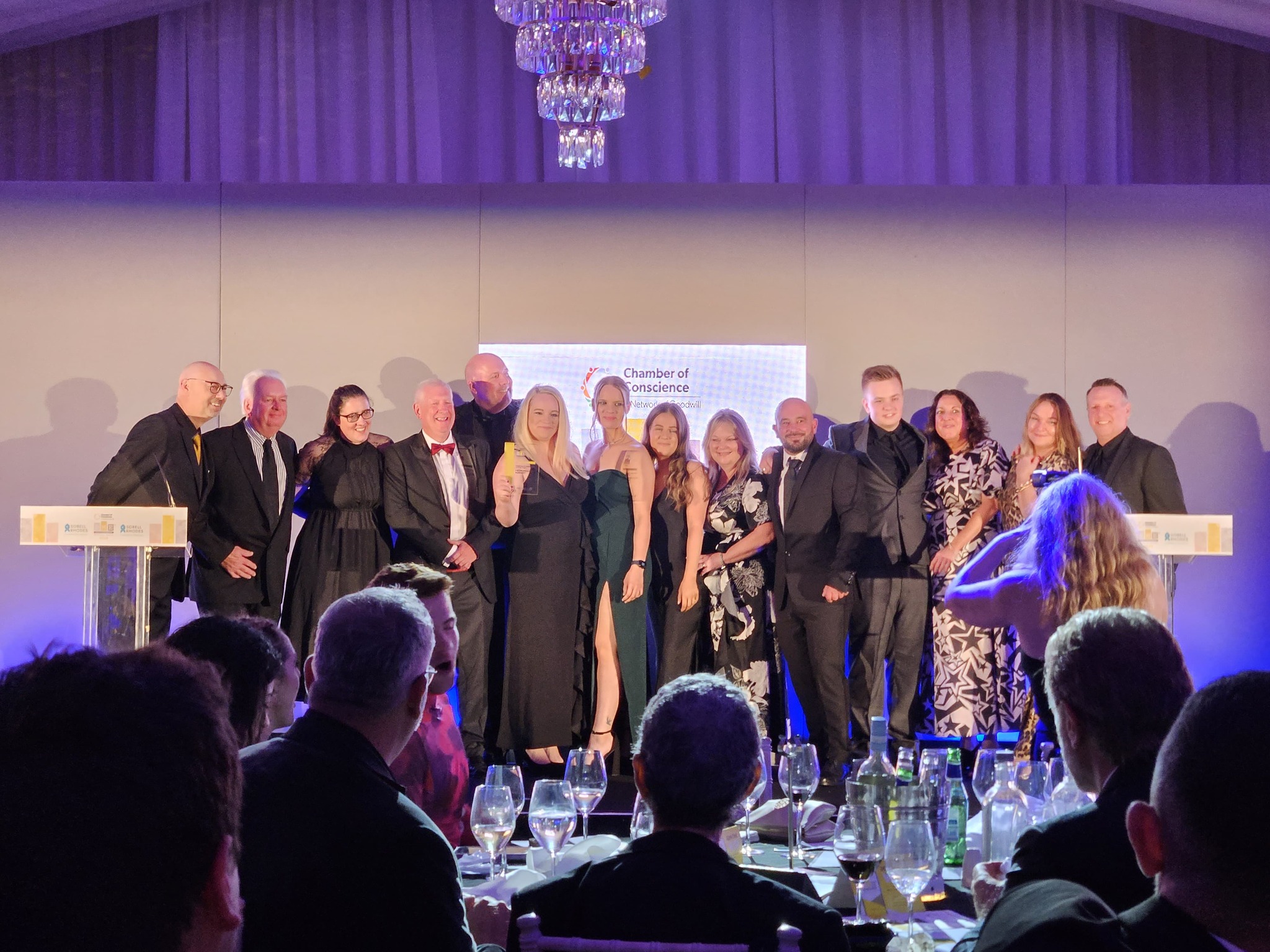Sunderland’s Stadium of Light is renowned throughout football for the atmosphere created by its exceptional, designed-in acoustics... as pop superstars Take That found in May and Kings of Leon in mid-June.
“There really isn’t a problem switching from being a full time football stadium to a multi-purpose venue,” says Stadium of Light stadium manager Peter Weymes, a founder member of the UK Venue Managers Association. “This is a commercial business and the club has to maximise its profitability all year round – and apart from that, a lot of the staff here are big fans of Take That and Kings of Leon.”
And the gap between matches in 2011 for Sunderland AFC is being filled with a range of other events – including the Great North 10k Run, a full scale funfair, a boxing event in the stadium bowl, a zip wire across the pitch and the Sunderland University Graduations hosting 9000 students.
The Stadium of Light is ideally suited to events such as these. It is right in the heart of the town and, as a comparatively new, purpose-designed construction, has extensive car parking as an integral part of the infrastructure.
One of the big differences that sports venues have to face in hosting off-season events is time: a football match lasts 90 minutes – a total of about 3 hours when taking into account early arrivals and spectators leaving. A pop concert, for example, that starts at 7pm involves ticket holders arriving much earlier. “If they all came at 7pm it would be a challenge to cope with the rush and so we to set up more facilities in an expansion of the stadium footprint for the extended period of time they will be with us,” Peter adds.
The Stadium of Light, as with many other primarily sports venues, has the capacity (seating for 45,000) to handle the crowds (55,000 at each of the three Take That concerts); it has permanent car parking spaces; and easily switched from ‘pie and a pint’ catering to more eclectic wraps and rolls. The two main additions were Trakway, a flooring system that protected the pitch as well as opening up a vast area for staging and dancing, and 300 additional toilets, augmenting the existing facilities sited throughout the stadium complex.
“We see the football club as much more than a Premier League facility during the late summer, autumn, winter and spring. It has a year-round role as a venue, and that means hugely attractive pop concerts – helped by the acoustics of the Stadium of Light – and more local, community-based activities.
“Operating such a large and well-established venue offers football clubs a very effective way of generating revenue all year round, but the responsibilities we take on mean that there is no let up: the footballers may be able to take a few weeks off after the season finishes, but the rest of the staff simply switch to other duties. It helps that they enjoy all the other events taking place,” Peter adds.






